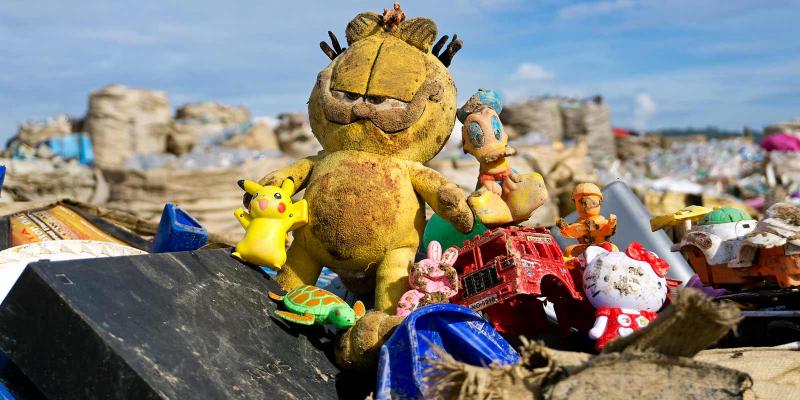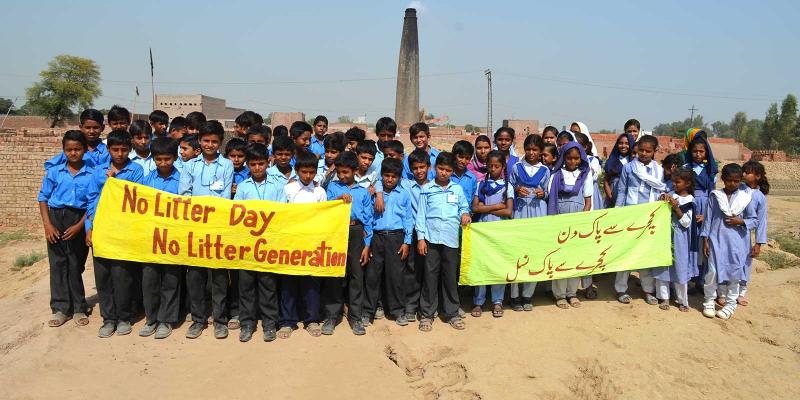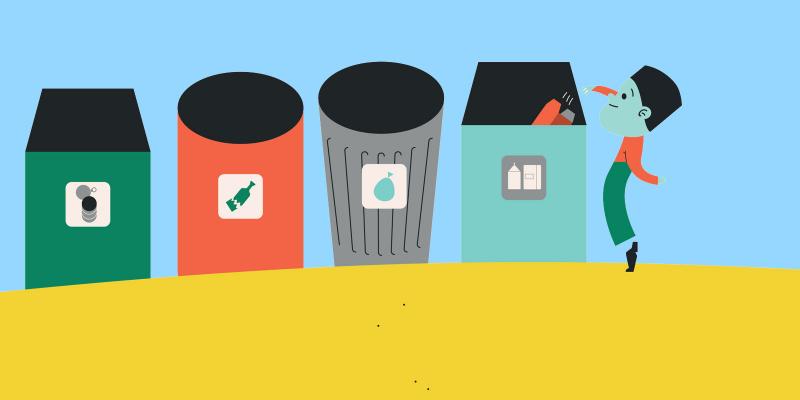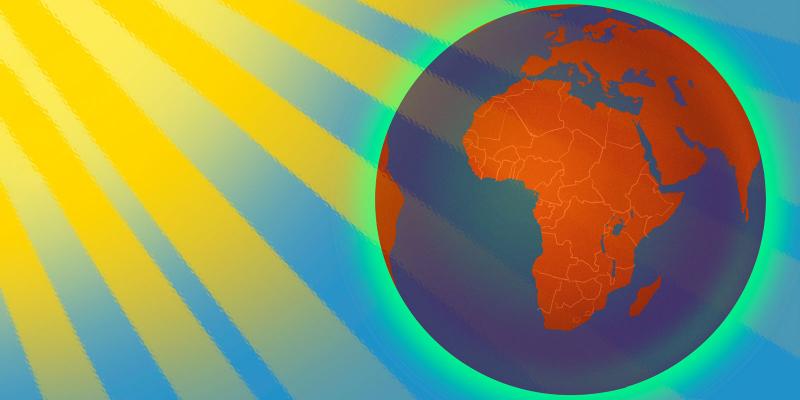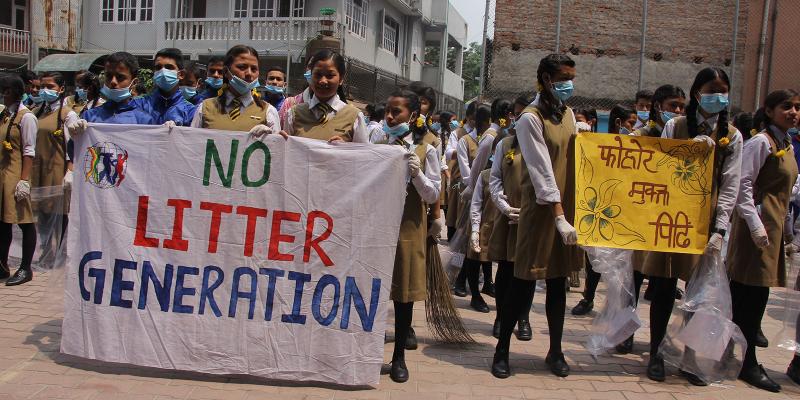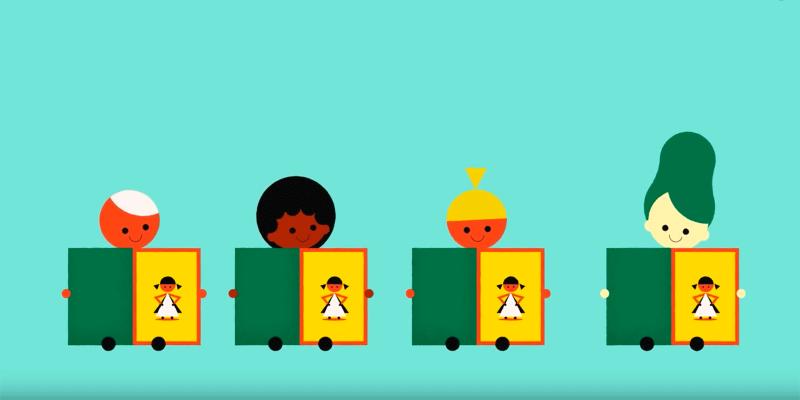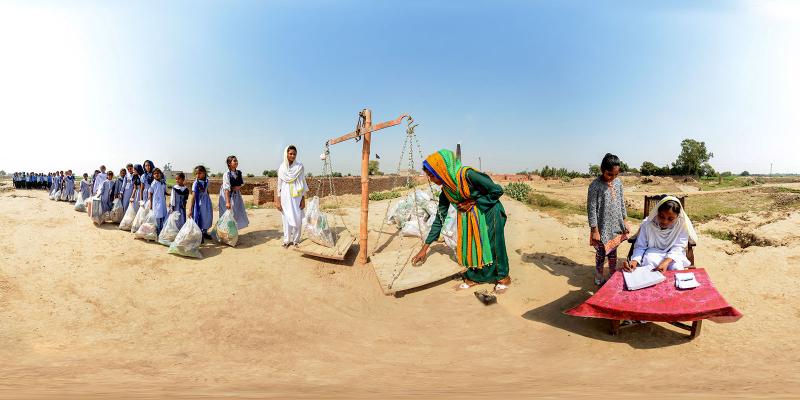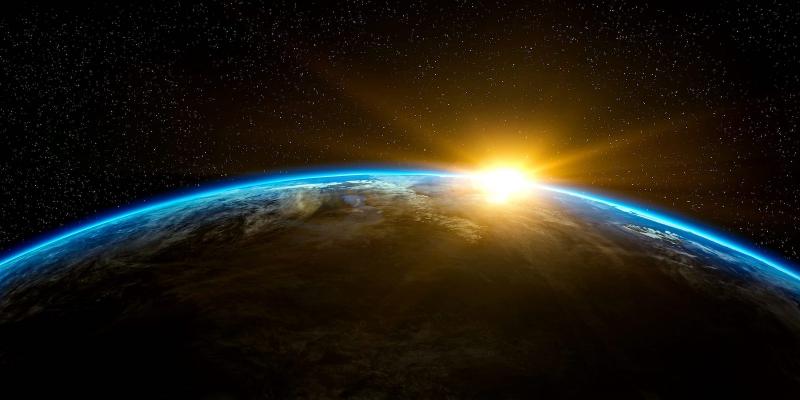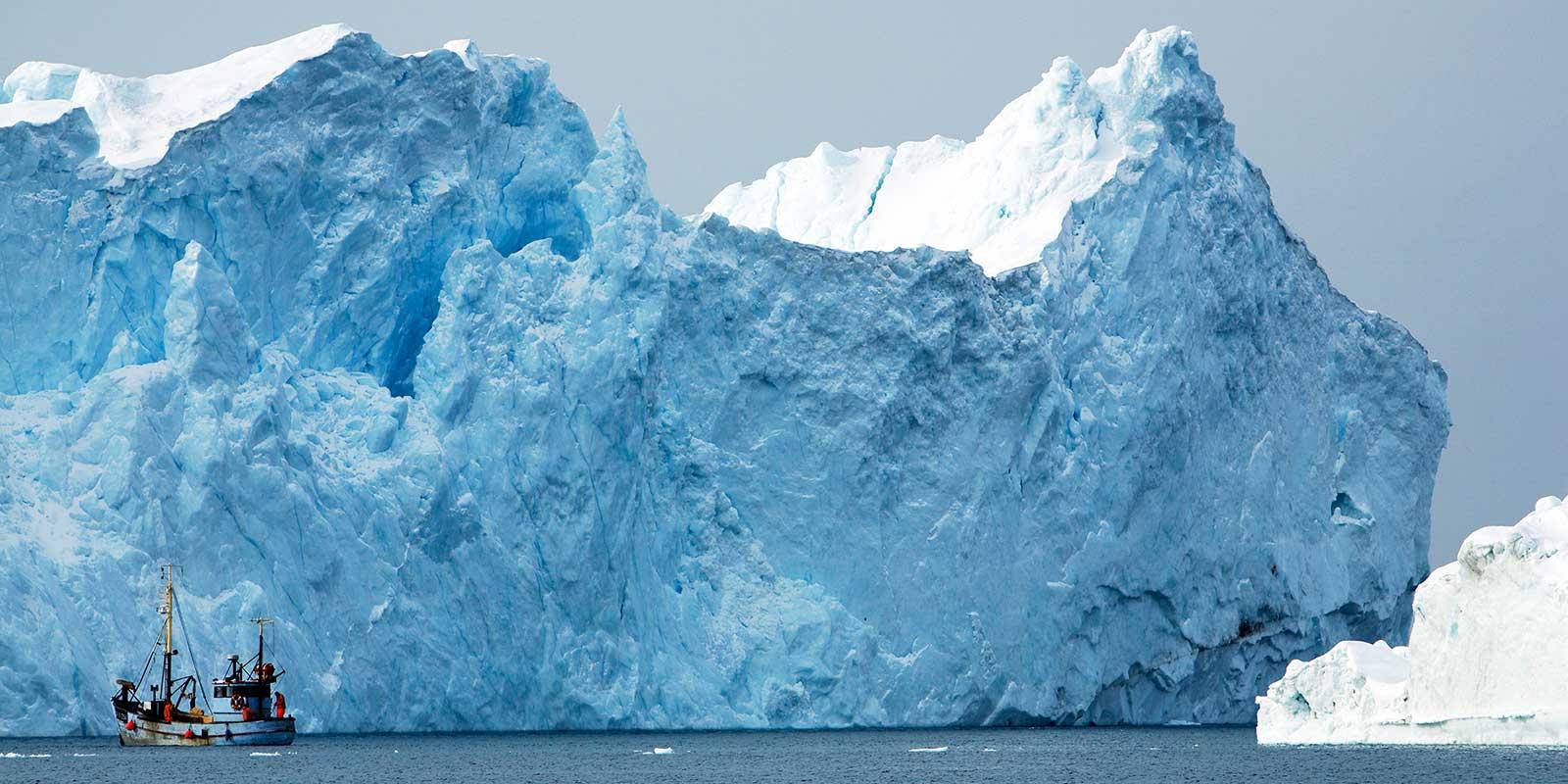
People today are living in a way that requires more resources than nature can provide. We only have one Earth, but globally we’re eating, travelling and consuming as though we had 1.7 Earths!
Each individual’s personal impact on the planet is called an ecological footprint. The opposite, i.e. doing good things for the environment, is called an ecological handprint.
Countries like Kuwait, the US and Australia are among those with the largest ecological footprint per person. It’s about things like the goods we buy, what we eat, how we travel and how we dispose of waste. The more of the Earth’s resources we use, the more the environment is affected.
What is the footprint?
Your ecological footprint is the same as the number of Earths that would be needed if everyone lived like you. The more Earths, the more your lifestyle is affecting global warming and climate change.The footprint can be described as the imprint in our natural environment that each person leaves behind on the surface of the Earth. The size of your ecological footprint depends on how big an area is needed to produce what you use. It includes:
• land for growing food,
• providing pasture for animals,
• fishing waters, forest,
• areas where you live and go to school or work, etc.
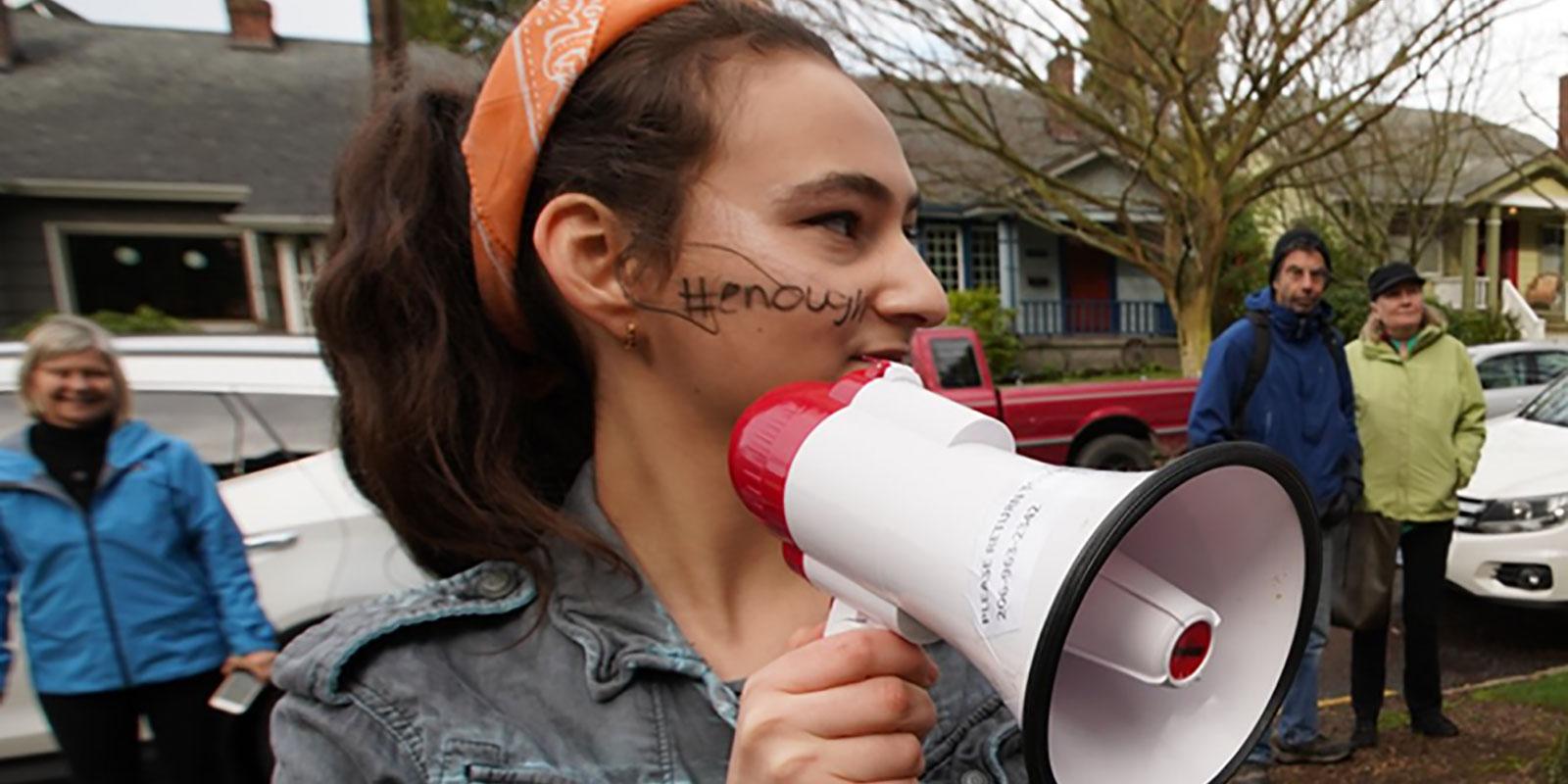
Fighting for climate justice
Jamie, 16, is fighting for climate justice and wants her home state of Washington, USA, to adopt essential climate change laws. Jamie has started Zero Hour, a movement that gives children and young people a voice in efforts to combat climate change. “Let us young people be the movement that makes our elected leaders stop ignoring climate change!”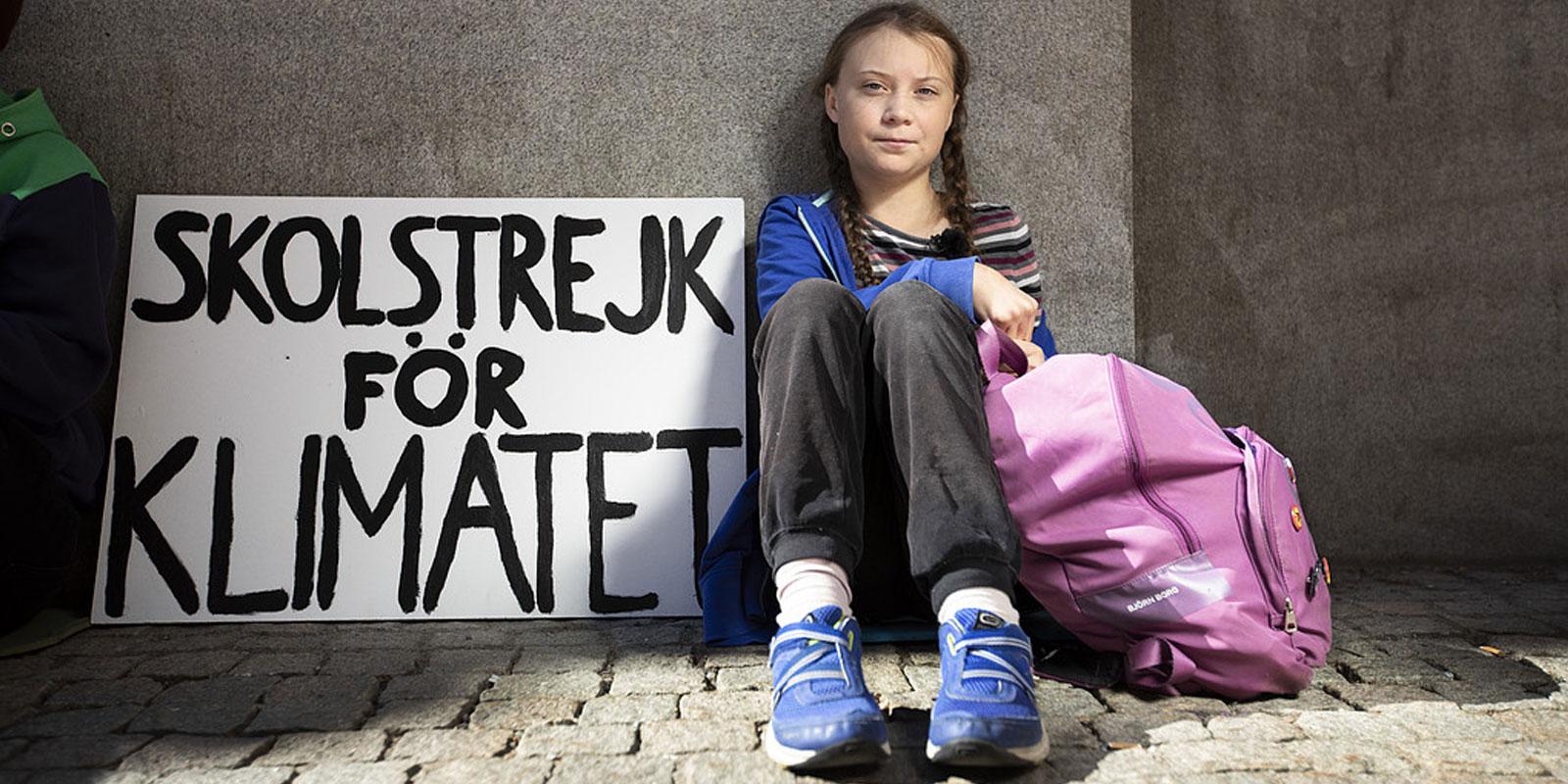
Greta is on strike
Sweden’s greenhouse gas emissions increased by 3.6 percent in 2017, but if Sweden is to achieve the climate goals that have been set, emissions will need to decrease by 5-8 percent every year! Greta, 15, has been campaigning for the environment since the age of 12. When Sweden had a general election in September 2018, she thought that the politicians were not talking or doing enough about the climate. So she went on strike from school for more than two weeks and sat outside Sweden’s parliament building during the school day.Creating more waste
We do not only use more than what the Earth can produce, we also create a huge amount of waste that has to be dealt with. In rich countries, the amount of waste per person has multiplied over the past 20 years. How much rubbish does your home produce in a week? And waste also includes carbon dioxide, the gas that is released into the air when we use oil, petrol and coal or burn rubbish and wood. Carbon dioxide is the waste that is increasing the most, and in Sweden carbon dioxide emissions make up a large portion of our ecological footprint. It contributes to global climate change, which is forcing more and more people to abandon places where they’ve lived all their lives. Drought and torrential rain, flooding, acidification of the oceans and/or rising sea levels mean they can no longer survive there.Rich people have a larger footprint
Roughly a fifth of the world’s population accounts for over 80 percent of all consumption. Rich people have the biggest ecological footprints, while people living in poverty leave much smaller footprints. In many countries, there’s a huge difference between the ecological footprints of different people. In Brazil, for example, a child from an indigenous community in Amazonas leaves almost no footprint at all, while a ranch owner who has their own cars and boats, a mansion with air conditioning, a pool and a lot of electronics leaves an enormous footprint.Largest footprint
The world’s largest ecological footprint per capita is left by Qatar. The country has few inhabitants, but they are rich and contribute to substantial emissions of carbon dioxide by flying, driving cars and using air conditioning (it can reach temperatures of almost 60 degrees in the country’s desert climate).What can you do?
By thinking about how your lifestyle affects the natural environment and climate change, you can create a large and important ecological handprint for a better environment. Small changes to your everyday life can have a big effect on your future and the future of others. It could be anything from not littering to saving water. Make your own handprint list of what you’re already doing and what more you want to do.Långgatan 13, 647 30, Mariefred, Sweden
Phone: +46-159-129 00 • info@worldschildrensprize.org
© 2020 World’s Children’s Prize Foundation. All rights reserved. WORLD'S CHILDREN'S PRIZE®, the Foundation's logo, WORLD'S CHILDREN'S PRIZE FOR THE RIGHTS OF THE CHILD®, WORLD'S CHILDREN'S PARLIAMENT®, WORLD'S CHILDREN'S OMBUDSMAN®, WORLD'S CHILDREN'S PRESS CONFERENCE® and YOU ME EQUAL RIGHTS are service marks of the Foundation.



